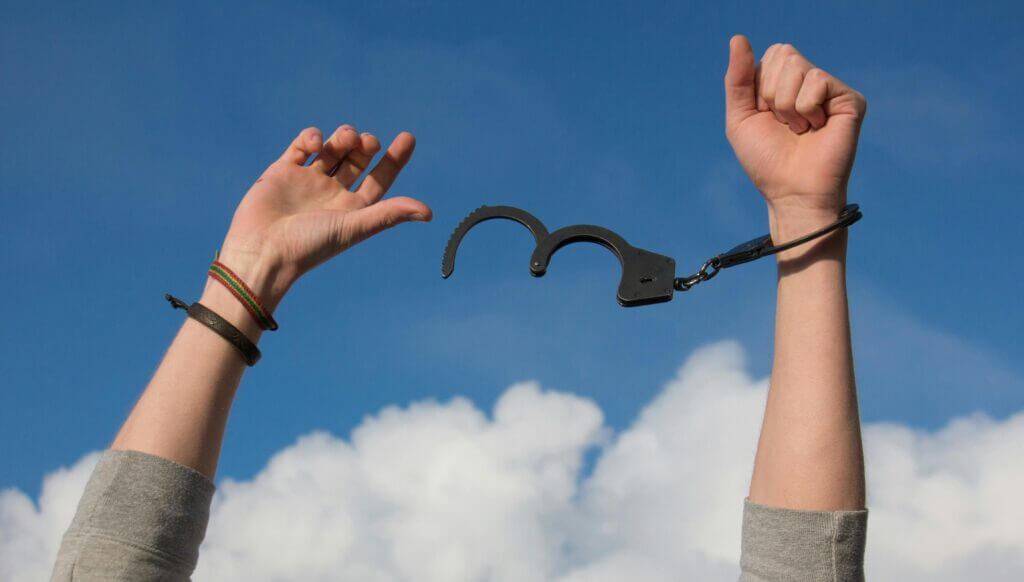What is an Emergency Fund and why is it Essential
Building wealth isn’t just about earning and investing—it’s also about protecting your finances from unexpected expenses. What is an emergency fund and how it acts as a financial safety net, shielding you from unforeseen circumstances that could derail your journey to wealth creation, is discussed in this blog. For beginners, understanding the importance of an emergency fund is the first step to achieving financial security and long-term success.
In this blog, we’ll explore what an emergency fund is, why it’s vital for wealth creation, and how to build one effectively.
What Is an Emergency Fund?
An emergency fund is a dedicated pool of savings set aside to cover unexpected expenses or financial emergencies. These might include:
- Medical emergencies.
- Job loss or income reduction.
- Car repairs or home maintenance.
- Unplanned travel expenses.
This fund ensures you have money readily available to handle emergencies without resorting to debt or selling investments.
Why an Emergency Fund Is Critical for Wealth Creation
Protects Your Investments
Without an emergency fund, you might be forced to dip into your investments to cover unexpected costs. This disrupts your financial plan and may result in penalties, taxes, or missed growth opportunities.
Prevents High-Interest Debt
In emergencies, people often rely on credit cards or personal loans, leading to high-interest debt. An emergency fund helps you avoid this debt trap, keeping your financial goals on track.
Reduces Financial Stress
Knowing you have a financial cushion provides peace of mind. This sense of security allows you to focus on wealth-building activities, such as investing and skill development.
Encourages Financial Discipline
Building and maintaining an emergency fund fosters good financial habits like saving consistently and living within your means, which are essential for long-term wealth creation.
How Much Should You Save in an Emergency Fund?
The ideal size of an emergency fund depends on your individual circumstances. A common rule of thumb is to save 3–6 months’ worth of living expenses.
- Three Months: Suitable for single individuals with stable incomes and lower expenses.
- Six Months or More: Ideal for families, freelancers, or those with irregular incomes.
Factors to Consider
- Job Security: If your job is unstable, aim for a larger fund.
- Monthly Expenses: Include rent, utilities, groceries, insurance, and transportation costs.
- Dependents: Having children or other dependents may require a larger safety net.
How to Build an Emergency Fund
Start Small
Begin by setting a modest initial goal, such as $500 or $1,000. This creates momentum and makes the process less overwhelming.
Automate Savings
Set up automatic transfers to a dedicated savings account. Automating the process ensures consistency and reduces the temptation to spend.
Cut Unnecessary Expenses
Identify areas where you can reduce spending, such as dining out, subscriptions, or impulse purchases. Redirect these savings toward your emergency fund.
Use Windfalls
Allocate bonuses, tax refunds, or unexpected income to your emergency fund. This can help you reach your goal faster.
Prioritize Over Other Goals
While it’s important to invest and pay off debt, prioritize building your emergency fund first. Once it’s in place, you can focus on other financial objectives.
Where to Keep Your Emergency Fund
The location of your emergency fund is crucial. It should be:
- Accessible: You should be able to access your funds quickly in an emergency.
- Separate from Regular Accounts: Keep it in a dedicated account to avoid spending it on non-emergencies.
- Low-Risk: Avoid investing your emergency fund in stocks or volatile assets.
Recommended Options
- High-Yield Savings Accounts: Offers interest while keeping funds liquid.
- Money Market Accounts: Provides slightly higher interest with similar accessibility.
- Certificates of Deposit (CDs): Suitable for funds you don’t anticipate needing immediately.
Common Mistakes to Avoid
Not Starting Early
The longer you wait to build an emergency fund, the more vulnerable you are to financial setbacks. Start with small contributions and increase over time.
Using It for Non-Emergencies
Avoid dipping into your fund for discretionary expenses like vacations or luxury items. Reserve it strictly for true emergencies.
Keeping It Too Small
Underestimating your needs can leave you unprepared. Regularly review and adjust the size of your fund based on changes in income or expenses.
Neglecting to Replenish
If you use your emergency fund, make it a priority to rebuild it as soon as possible.
Conclusion
An emergency fund is the foundation of any wealth-building plan. It acts as a shield against financial setbacks, enabling you to stay on track with your goals while avoiding debt and stress.
By starting small, saving consistently, and keeping your fund accessible, you’ll create a safety net that supports your journey to financial freedom. Remember, wealth creation isn’t just about growing money—it’s about protecting it, too. Take the first step today and build your financial safety net!



